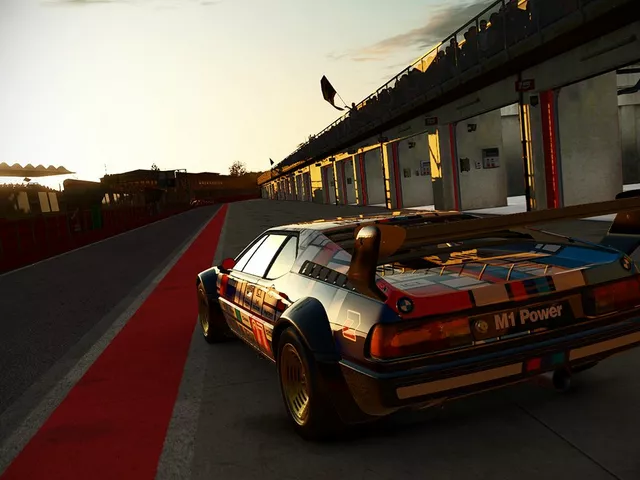Coding Tips for Gamers: Boost Your Car Game Skills
If you love racing on our site, you’ve probably thought about what makes a game feel real. The answer is simple: code. Whether you’re dreaming of building your own track or just want to understand how games work, a little coding knowledge can level up your play.
When you know the basics, you can tell why a car drifts the way it does, or why the engine sounds perfect. It also opens doors to creating mods, tweaking physics, or even launching a brand‑new game. Below we break down why coding matters for car games and share quick tricks you can start using today.
Why Coding Matters for Car Games
Most racing titles, like the ones you find on India Car Games, rely on physics engines. These engines calculate how a car’s suspension moves, how tires grip, and how speed changes on a curve. The better the code, the more realistic the ride feels. Take Assetto Corsa for example – its realistic physics come from a well‑written code base that models suspension travel and wheel spin down to the millisecond.
Understanding code also helps you spot glitches. If a car suddenly flies off the track, a quick look at the script can tell you whether it’s a bug or a design choice. That knowledge lets you report issues smarter or even fix them yourself if you’re into modding.
Beyond fixing bugs, coding lets you add personal touches. Want a custom liveried car? A simple script change can swap textures. Want a new obstacle on a favorite track? A few lines of code can place a barrier exactly where you want it.
Quick Coding Tricks for Beginners
1. Start with a visual language. Tools like Scratch or Construct let you drag blocks to create simple game logic. They’re perfect for learning how loops, conditions, and variables work without writing text code.
2. Practice with small projects. Try making a mini‑racer that goes forward when you press the up arrow. Keep it tiny – just a car sprite, a road, and basic movement. Once it works, add a turn or a speed boost.
3. Use free resources. Sites like GitHub host countless open‑source racing games. Clone a simple project, read the code, and tweak it. Seeing how others solve problems teaches you faster than any tutorial.
4. Learn the basics of physics formulas. A car’s acceleration = force ÷ mass. Knowing this helps you adjust speed or handling in your scripts. You don’t need a physics degree – just the core formulas.
5. Join the community. Our forum at India Car Games is full of players who also code. Share your mini‑project, ask for feedback, and learn from the ones who already built full‑size tracks.
Remember, coding isn’t a secret club. It’s a set of tools you can learn step by step. Start with a tiny game, play with physics, and watch how your understanding of racing games deepens.
Ready to give it a try? Pick a simple editor, follow a short tutorial, and create a car that moves. In a few hours you’ll have a working prototype and a brand‑new skill that makes every race more exciting.
Happy coding, and see you on the tracks!
Math is an essential tool for game programming. Knowing the basics of mathematics can help game developers create more immersive and realistic gaming environments. By understanding the fundamentals of algebra, geometry, trigonometry, and calculus, developers can take advantage of the vast array of mathematical tools to develop games that are more interactive and visually appealing. Additionally, math can help developers to create accurate physics in their games, ensuring that players experience realistic motion and interactions as they play. Finally, math can help game developers to optimize their code and create efficient algorithms, making their games run faster and smoother. In short, math is a critical skill for game programmers, and mastering it is an invaluable asset.
READ MORE





